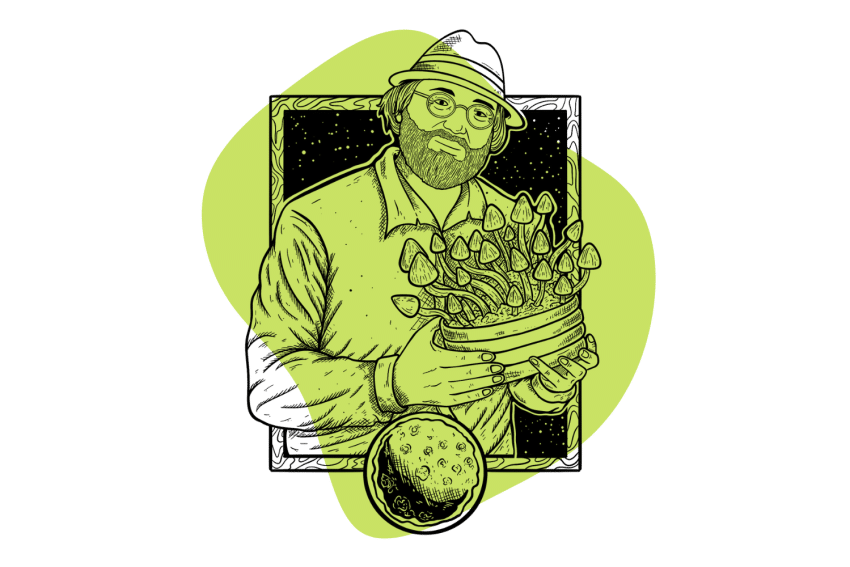Category: Microdosing
Microdosing is the practice of taking very small (sub-perceptual) doses of a psychoactive substance for improving focus and concentration, connection, or self-growth and development.
A microdose is too small to produce any noticeable hallucinations or altered states of perception but provides a change in brain chemistry.
The most common substances used with microdosing are LSD, magic mushrooms, or MDMA.
Paul Stamets is a legend in the mycology field. He’s an advocate for the use of functional and psychedelic mushrooms, and his microdose stack is revolutionary…
Is microdosing ketamine legit? Find out how to do it and the risks involved while we explore the existing research on very low-dose ketamine.
Microdosing psychedelic drugs often relies on creating a schedule, but is this necessary? What if you could microdose whenever you want?
With the stigma surrounding psychedelic use slowly melting away, public interest in microdosing magic mushrooms is surging — and for good reason…
Microdosing LSD: Can it really improve creativity, focus, or well-being? Learn about the potential benefits and research on microdosing this popular psychedelic.
Learn about the latest findings on how magic mushrooms could reduce the frequency and severity of migraines and improve quality of life.
Some studies suggest small, sub-perceptual doses of marijuana products could benefit mood, sleep quality, creativity, & focus.
Microdosing psychedelics like LSD can benefit creativity and enhance problem-solving skills, but could it also improve a good night's sleep?
Learn about the practice of microdosing mescaline, a psychoactive substance found in the peyote cactus. Discover the benefits, risks, & proper dosage guidelines.
